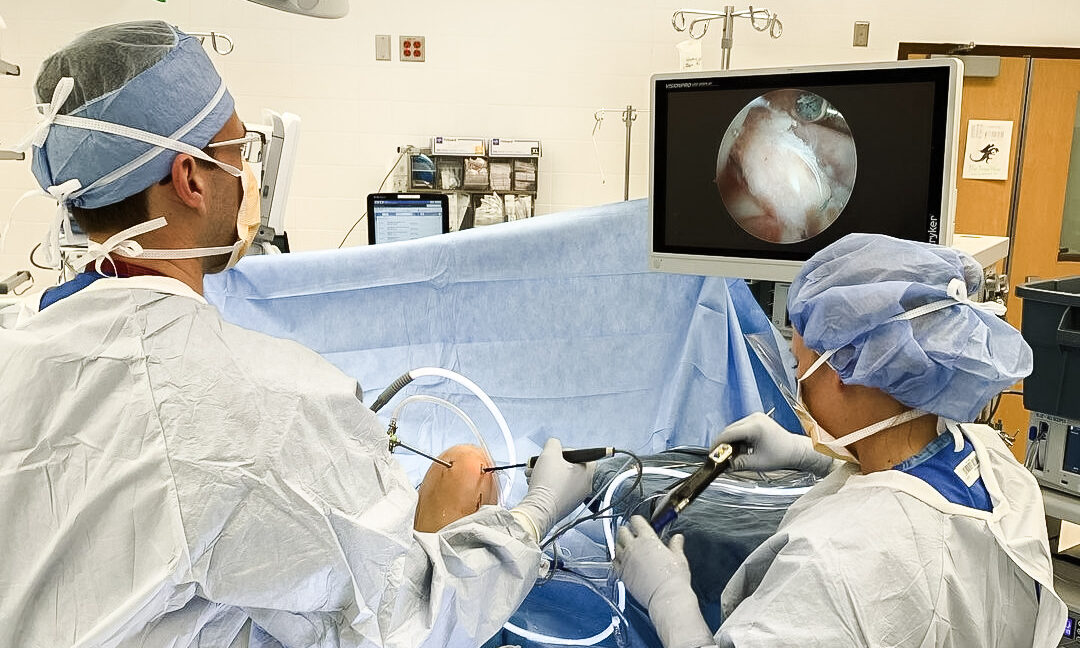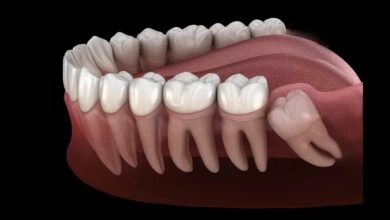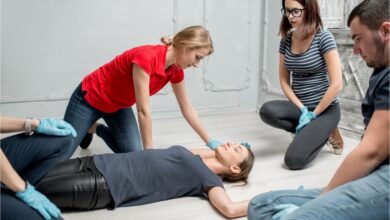How to Recover Faster from ACL Surgery

ACL (anterior cruciate ligament) injuries are one of the common tears among athletes. A recent study shows an ACL tear rate of 7 per 110,000 athletic encounters.
If your ACL gets injured, and you need an ACL surgeon to conduct a surgery on it, you would want to recover faster and even get your life back. In order to facilitate your recovery after ACL surgery, the following are strategies to consider:
1. Opt for Physical Therapy
A good physical therapy program specifically for you can help you recover strength, mobility, and function. Some programs for physical therapy start with surgery to prepare a patient’s knees.
After surgery, rehabilitation will start as your knees heal. Within the first few weeks, you may need to use ice and lift your legs to minimize swelling.
2. Get Your Knee Bending
Difficulty in bending the knee is less common following a reconstruction surgery on ACL. It is safe to bend your knee, and your physiotherapy may have you onto the CPM equipment on day one following the surgery.
Bending your knee won’t come back without a gentle push. Begin with a dangle exercise, which could be included in a rehabilitation program.
3. Monitor Your Intake for Calorie
The calorie amount you consume will differ depending on your personal needs. This is why contacting a licensed nutritionist following your surgery is best to understand your nutritional needs better.
If you under-fuel, you won’t sustain a high level of exertion during your physical therapy, thus, delaying the progress. Moreover, micromanaging your intake of food may take a serious toll on you, especially if you are already used to seeing yourself in good shape.
A mindset that you may eat anything you wish just because you are a successful athlete won’t guarantee good results. It would be best to incorporate a balanced diet and avoid eating nutrient-dense foodstuffs.
4. Manage the Pain
One of the first steps to recovering faster from your ACL surgery is to manage your pain. You might feel it deep inside your ankle, hip, and knee.
In general, you may take OTC painkillers, such as ibuprofen or acetaminophen, to minimize inflammation and swelling around the joint. But if your pain is severe, ensure you visit a doctor to evaluate and prescribe better treatments.
5. Get Enough Sleep
The greatest sleep-related concern with treated ACL is lack of quality sleep. In this wheelhouse, the goals for speedy recovery include limiting pain medication use, decreasing pain, and getting quality sleep.
Think this way – recovery and surgery are painful. Afterward, you might have difficulty catching some sleep and getting low-quality sleep. If this isn’t controlled, it may become problematic since the less you sleep, the more you will be in pain. Apart from fatigue, this may result in increased use of opioids often prescribed following surgeries.
Several ways can help to deal with sleep deprivation. Sleep aids effectively minimize the time it will take you to fall asleep.
Final Say
ACL injuries will just temporarily prevent you from playing sports or working. But remember that your recovery solely depends on your choices, like focusing on your physical therapy. The more you concentrate on your therapy, the sooner you will regain your normal life.



